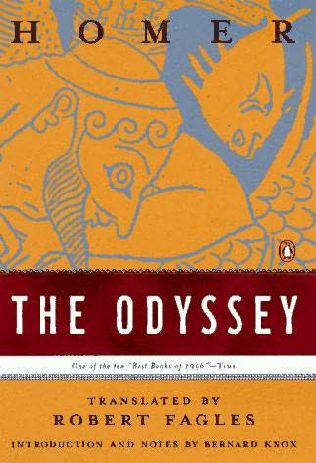
Julian Jaynes asserted in his book "The Origin of Conciousness and the Breakdown of the Bicameral Mind" that we can pinpoint the distancing of human beings from their innate bicamerality to the invention of the alphabet- which happened only once- around 1500 bc. What is bicamerality and what does it have to do with "voices" in the mind? Where did those voices go upon invention of the alphabet?
"Bicamerality may mean simply orality" states Ong at the very end of chapter 2, on page 30. He has not made further reference to bicameralism since then. Jaynes description of ancient bicameral humans makes them sound something like a modern day schizophrenic: hallucinating and hearing voices that they would have to obey. These voices were actually their own internal stream of conciousness, of which they were not aware, heard as the voice of gods or spirits. For example, the nine muses that we have memorized for our class. We understand them to be a symbol or a personification of erotic poetry, history, sacred song, etc. Jaynes believes that ancient people actually heard the muses, passing on their powers of dance, song and poetry.
Some evidence of bicamerality and these voicings which Ong talks about in "Orality and Literacy" is found in the Illiad. The Iliad lacks the inner thought processes and introspection that are evident in the Odyssey which was written centuries later. This suggests that in the time period in which the Odyssey was written, human beings had not yet developed accute self awareness.
The breakdown of bicameralism means the aquisition of human self-conciousness and awareness. The Odyssey is evidence that a breakdown occured between its creation and the Iliad because there is an emergence of introspection in the hero and absense of "voices". This mentality seems crazy to us, a literate culture, who puts people that hear voices away in mental hospitals. But we have never had a chance to develope an oral mentality. The mentality we claim, that of literate people, came into existense centuries before we did. We will never experience the bicameral mind. 



Why do you think of gods as an object we can touch, feel, see, or taste? Who is to say that the nature of these "gods" speaking to us is not the same as in oral cultures only highly evolved, adaptive. Our perception of what oral people refered to as 'spirits' or 'ghosts' is not the same as ours. Read the 'The Eclogy of Magic" by David Abram and i think you will understand a little better what i mean.
ReplyDeletePerhaps what we have lossed is a connection with the spirits, the gods of the earth, our animal instinct as we call it.
Perhaps we still are bicameral but do not notice when we use it because we are so overly evolved in the other.
By the way, if you don't here voices in your head, do you hear any sounds when you are thinking?
Do you only see pictures?
do you taste?
does your skin ever rippel from a memory (goosebumps we call them). What do you think of as
Have you ever had a song stuck in your head?
We have five sense, why does it seem odd to form memories with them all.
Why does it seem odd to think with all our senses?